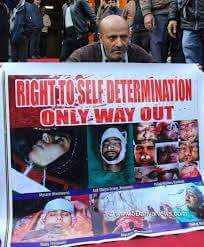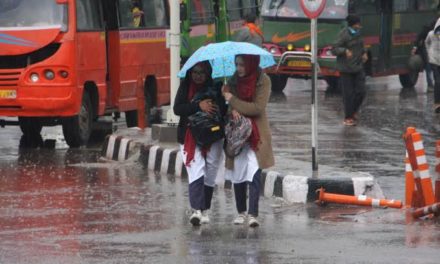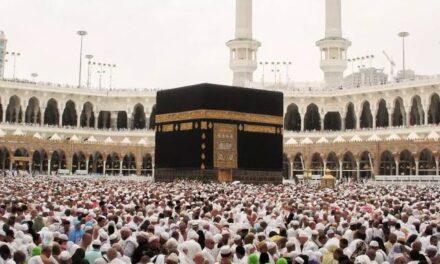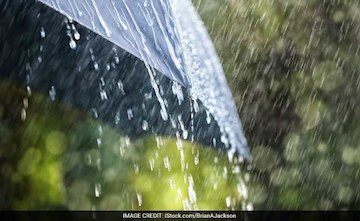![]()
KNZ NEWS DESK
Autonomy won’t lead to lasting peace: Engineer Rashid
Autonomy is not a solution to the Kashmir problem, and there can be no argument over this issue. Autonomy necessarily is a framework of constitutional guarantees given to Kashmiris at the time of signing of the temporary “Instrument of Accession” by the then Maharaja. These guarantees were, however, eroded, rather ruthlessly snatched by New Delhi from time to time; thus weakening its own stand on the “Instrument of Accession”. Kashmiris have been making sacrifices for a long time, fundamentally for seeking implementation of the UN resolutions.
The entire state of J&K, including Gilgit-Baltistan and Pakistan-occupied Kashmir (PoK), was a disputed territory even when autonomy in J&K was intact. Even if it is restored in its original form now, it cannot resolve the 70-year-old dispute. The possibility of granting more autonomy could have been discussed with stakeholders in pre-1989 era, not now. The peaceful movement seeking a resolution to the Kashmir problem was replaced by an armed struggle in 1989, and in the last three decades, over 100,000 people have lost their lives, shrinking the scope of reconciliation.
If you try to sell this idea to a Kashmiri, the question he would ask you is — if autonomy could be the final resolution, what was the need of making so many sacrifices, virtually destroy Kashmir and hold the whole subcontinent hostage? Those pleading for restoration of autonomy could have got it either at the time of the Indira-Abdullah accord of 1975, or when the Farooq Abdullah-led NC contested elections against the wishes of masses in 1996. Dr Adbullah missed the golden chance by not putting restoration of autonomy as a precondition for joining the fray. The same was done by the PDP with its so-called “self-rule” formula. Even New Delhi has never been sincere in finding a solution to this problem. It successfully used both the NC and the PDP to create confusion and divide the opinion of people by talking about the possibility of a resolution within the ambit of the Indian Constitution. Such talk was also aimed at weakening an internationally-recognised dispute. Let us not forget that J&K is disputed only because it continues to be on the UN agenda. Once the relevant UN Security Council resolutions are taken off, J&K will be known by the world as being an integral part — good or bad — of Pakistan or India just like Rajasthan and UP or Sindh and Punjab. If Kashmiris decide, through a plebiscite, to be a part of India, then not only this part of Kashmir but Gilgit-Baltistan and PoK too will become India’s integral part. In such a scenario, Article 370 will have to go and the Parliament resolution claiming the entire J&K as being India’s integral part will get automatically implemented.
Restoring autonomy would mean surrendering PoK and Gilgit-Baltistan to Pakistan. Even PM Narendra Modi has claimed that the people of PoK and Gilgit-Baltistan

























